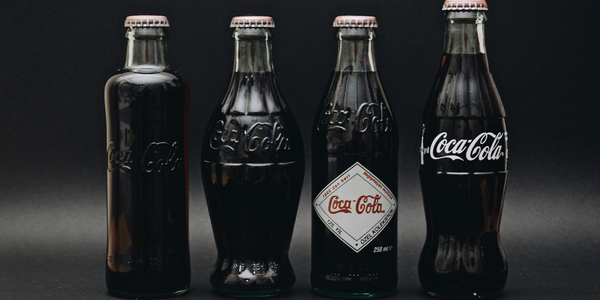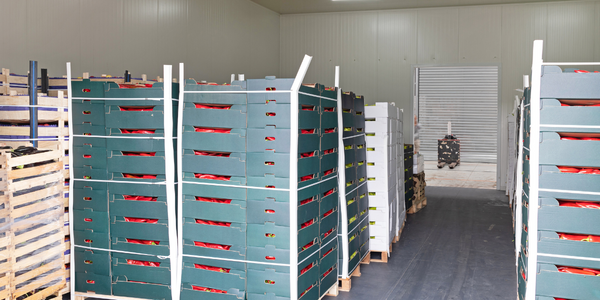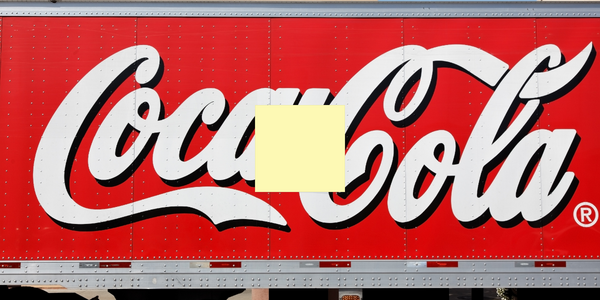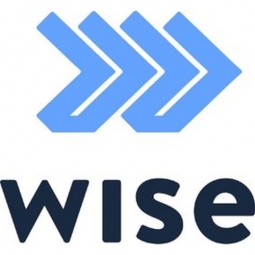Customer Company Size
Large Corporate
Region
- America
Country
- United States
Product
- Wise Systems
- Argos / ABECAS Insight ERP
- Roadnet
Tech Stack
- Cloud-based platform
- Mobile applications
- ERP and WMS system
Implementation Scale
- Enterprise-wide Deployment
Impact Metrics
- Customer Satisfaction
- Productivity Improvements
- Digital Expertise
Technology Category
- Functional Applications - Enterprise Resource Planning Systems (ERP)
- Functional Applications - Warehouse Management Systems (WMS)
- Functional Applications - Fleet Management Systems (FMS)
Applicable Industries
- Food & Beverage
Applicable Functions
- Logistics & Transportation
- Warehouse & Inventory Management
Use Cases
- Fleet Management
- Predictive Maintenance
- Real-Time Location System (RTLS)
Services
- System Integration
- Training
About The Customer
Based in Edison, NJ, Fond du Lac Cold Storage (FDL) is a leading 3PL service provider specializing in temperature-controlled warehousing and delivery. With over 22 million cubic feet of storage space and capacity for more than 62,000 SKUs and 1.7 million cases of wine, FDL serves Chicago, New York, and New Jersey. Founded in 1998, FDL has grown significantly, offering high-end products like wine, cheese, chocolate, and craft beer. The company is known for its specialty product offerings and high levels of customer service.
The Challenge
In 2020, Fond du Lac Cold Storage (FDL) decided to replace their legacy routing platform, Roadnet, to improve customer service, differentiate their business, simplify the routing process, and reduce daily time spent planning routes. With a fleet of temperature-controlled trucks, they sought a cloud-based platform that provided power and ease of use while supporting their customer service commitment. The transition to Wise Systems happened at the beginning of the pandemic, necessitating an entirely remote onboarding and training process for all roles.
The Solution
FDL chose the Wise Systems delivery automation platform, integrating it with their Argos / ABECAS Insight ERP and WMS system. Wise Systems provided cloud and mobile applications specific to the roles of routers, dispatchers, customer service representatives, and drivers. The applications include Route Planner, Dispatcher, Customer Portal, and the Driver mobile app. Route Planner builds daily routes from orders, which are reviewed and fine-tuned by the FDL team before dispatching. Dispatchers have full visibility into driver location and status, while drivers use the Driver app for route execution. Despite the challenges of remote onboarding during the pandemic, the Wise Systems team ensured a smooth transition.
Operational Impact
Quantitative Benefit

Case Study missing?
Start adding your own!
Register with your work email and create a new case study profile for your business.
Related Case Studies.

Case Study
The Kellogg Company
Kellogg keeps a close eye on its trade spend, analyzing large volumes of data and running complex simulations to predict which promotional activities will be the most effective. Kellogg needed to decrease the trade spend but its traditional relational database on premises could not keep up with the pace of demand.

Case Study
HEINEKEN Uses the Cloud to Reach 10.5 Million Consumers
For 2012 campaign, the Bond promotion, it planned to launch the campaign at the same time everywhere on the planet. That created unprecedented challenges for HEINEKEN—nowhere more so than in its technology operation. The primary digital content for the campaign was a 100-megabyte movie that had to play flawlessly for millions of viewers worldwide. After all, Bond never fails. No one was going to tolerate a technology failure that might bruise his brand.Previously, HEINEKEN had supported digital media at its outsourced datacenter. But that datacenter lacked the computing resources HEINEKEN needed, and building them—especially to support peak traffic that would total millions of simultaneous hits—would have been both time-consuming and expensive. Nor would it have provided the geographic reach that HEINEKEN needed to minimize latency worldwide.

Case Study
Energy Management System at Sugar Industry
The company wanted to use the information from the system to claim under the renewable energy certificate scheme. The benefit to the company under the renewable energy certificates is Rs 75 million a year. To enable the above, an end-to-end solution for load monitoring, consumption monitoring, online data monitoring, automatic meter data acquisition which can be exported to SAP and other applications is required.

Case Study
Coca Cola Swaziland Conco Case Study
Coco Cola Swaziland, South Africa would like to find a solution that would enable the following results: - Reduce energy consumption by 20% in one year. - Formulate a series of strategic initiatives that would enlist the commitment of corporate management and create employee awareness while helping meet departmental targets and investing in tools that assist with energy management. - Formulate a series of tactical initiatives that would optimize energy usage on the shop floor. These would include charging forklifts and running cold rooms only during off-peak periods, running the dust extractors only during working hours and basing lights and air-conditioning on someone’s presence. - Increase visibility into the factory and other processes. - Enable limited, non-intrusive control functions for certain processes.

Case Study
Temperature Monitoring for Restaurant Food Storage
When it came to implementing a solution, Mr. Nesbitt had an idea of what functionality that he wanted. Although not mandated by Health Canada, Mr. Nesbitt wanted to ensure quality control issues met the highest possible standards as part of his commitment to top-of-class food services. This wish list included an easy-to use temperature-monitoring system that could provide a visible display of the temperatures of all of his refrigerators and freezers, including historical information so that he could review the performance of his equipment. It also had to provide alert notification (but email alerts and SMS text message alerts) to alert key staff in the event that a cooling system was exceeding pre-set warning limits.

Case Study
Coca-Cola Refreshments, U.S.
Coca-Cola Refreshments owns and manages Coca-Cola branded refrigerators in retail establishments. Legacy systems were used to locate equipment information by logging onto multiple servers which took up to 8 hours to update information on 30-40 units. The company had no overall visibility into equipment status or maintenance history.



